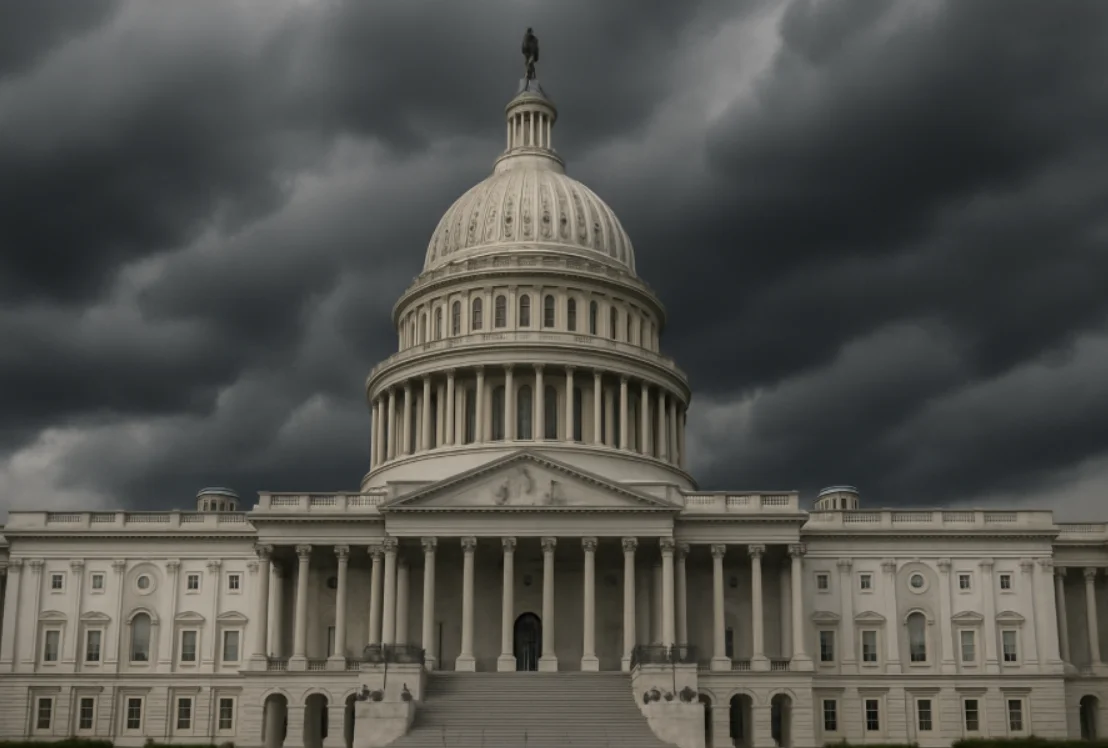For decades, Washington has clung to the fiction that the federal government’s spending power depends on a two-step process—authorizations followed by appropriations. The result is to pretend that Congress is “broken” when regular order fails. But this is not the process spelled out in the Constitution.
According to Article I, Section 9, only appropriations matter: “No Money shall be drawn from the Treasury, but in Consequence of Appropriations made by Law.” The authority to spend and even to shape programs comes from appropriations—period.
Authorizations have been used to formulate programs, but they do not actually control anything. How do we know? Even when appropriations continue for programs with expired authorizations, courts consistently rule that appropriations override the lapsed authorizations.
The Congressional Budget Office reported in July that more than $500 billion in FY 2025 appropriations are tied to programs whose authorizations expired years ago. Two-thirds of that money goes to programs that have been “unauthorized” for more than 10 years. If expired authorizations really mattered, Congress would have stopped funding them. But Congress didn’t—because appropriations are the real legal authority.
This means authorizing committees no longer function to discipline federal programs, modernize statutory frameworks, or force timely review of federal operations. And because congressional authorization no longer operates as intended—to rein in the Executive Branch—it ends up undermining Congress’ Article I power. Any Administration is held in check only by the funds Congress provides or withholds. The current Administration is especially aware that this is all that matters.
It’s time for Congress to face reality and create a new governing culture in its own chambers that is consistent with the Constitution.
First, when a committee fails to move a reauthorization bill, the failure should not be interpreted as a meaningful policy judgment. It is almost always the product of congressional bandwidth, polarization, committee turf battles, or simple neglect. If appropriations are the constitutional foundation for our government—and they are—then Congress should treat them as the primary vehicle for annual review, adjustment, and accountability.
Second, Congress should normalize the Continuing Resolution process that takes over whenever appropriations break down. Currently, failure to pass appropriations creates chaos, including the shutdowns, furloughs, instability for states, and enormous economic destruction across the economy that America just witnessed. Under the new culture, when Congress fails to finish appropriations on time, funding would automatically continue at current levels—nothing more, nothing less.
This requires the Senate to eliminate the Byrd Rule for all Continuing Resolutions. American Democracy is not aided by an artifice that is not in the Constitution and, when abused, damages the economy and trust in our institutions. This change alone will convert the appropriations process from a crisis-generating dysfunction to a stability-inducing foundation for good governance.
Under this new approach, no agency or program can gain from a breakdown in appropriations, but no program loses, either—preventing weaponized austerity and accidental cuts. Meanwhile, Congress will face steady pressure to negotiate real appropriations changes, rather than governing through last-minute brinkmanship.
The current two-step system survives because both parties find it convenient. Authorizers get to claim they conduct oversight, appropriators get to carry forward programs without reopening political fights, and Administrations avoid accountability altogether.
If Congress is to avoid the chaos it caused over the past 40 days, it should adopt these simple reforms. Placing emphasis on a better appropriations process would strengthen Congress, restore public trust in our institutions, and align all of government with what the Constitution requires.








